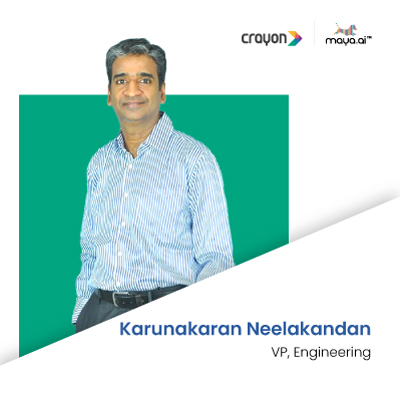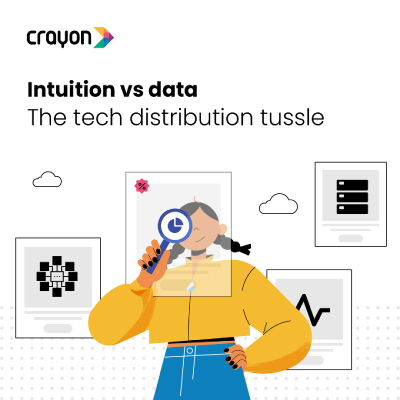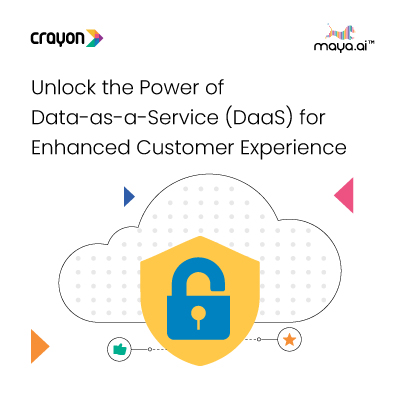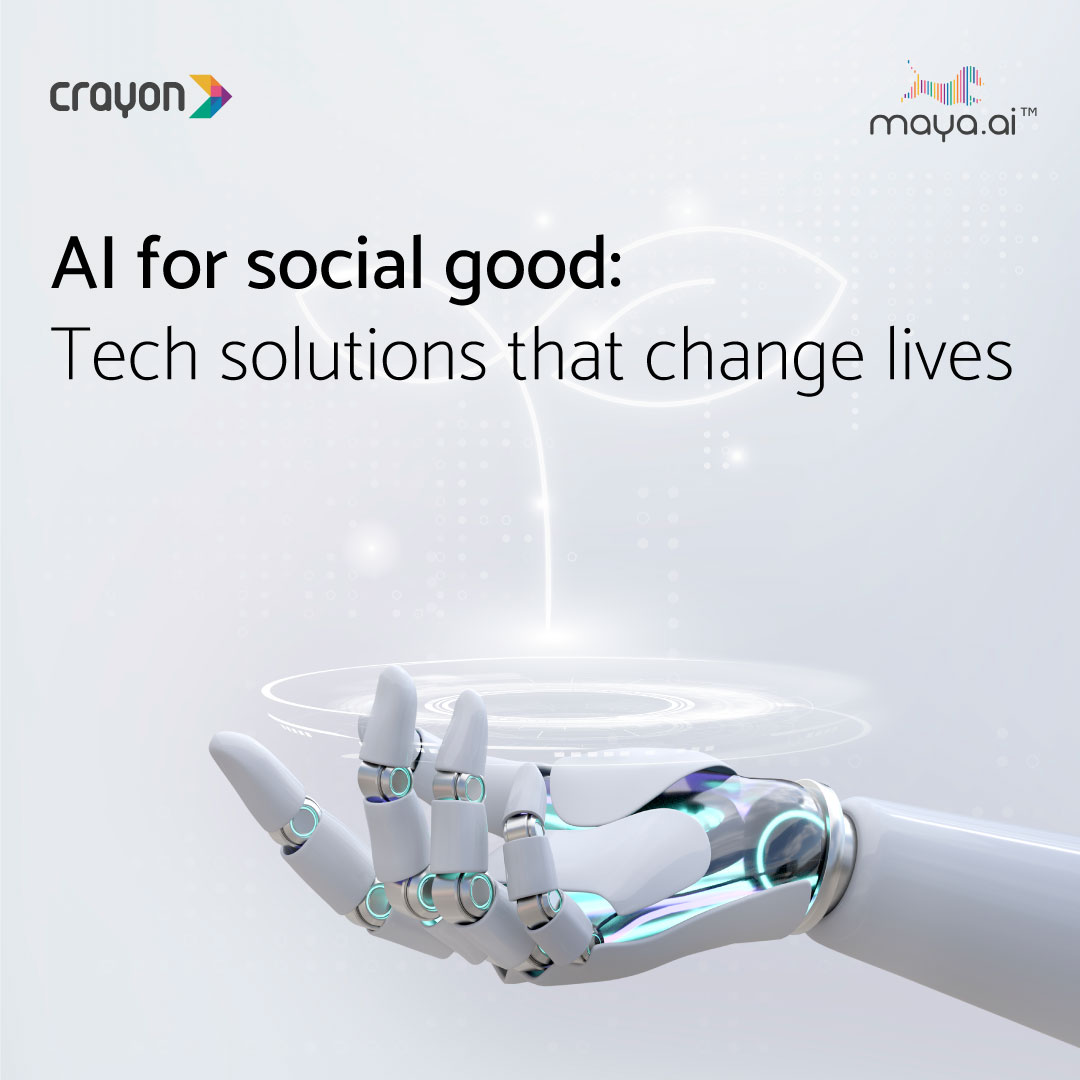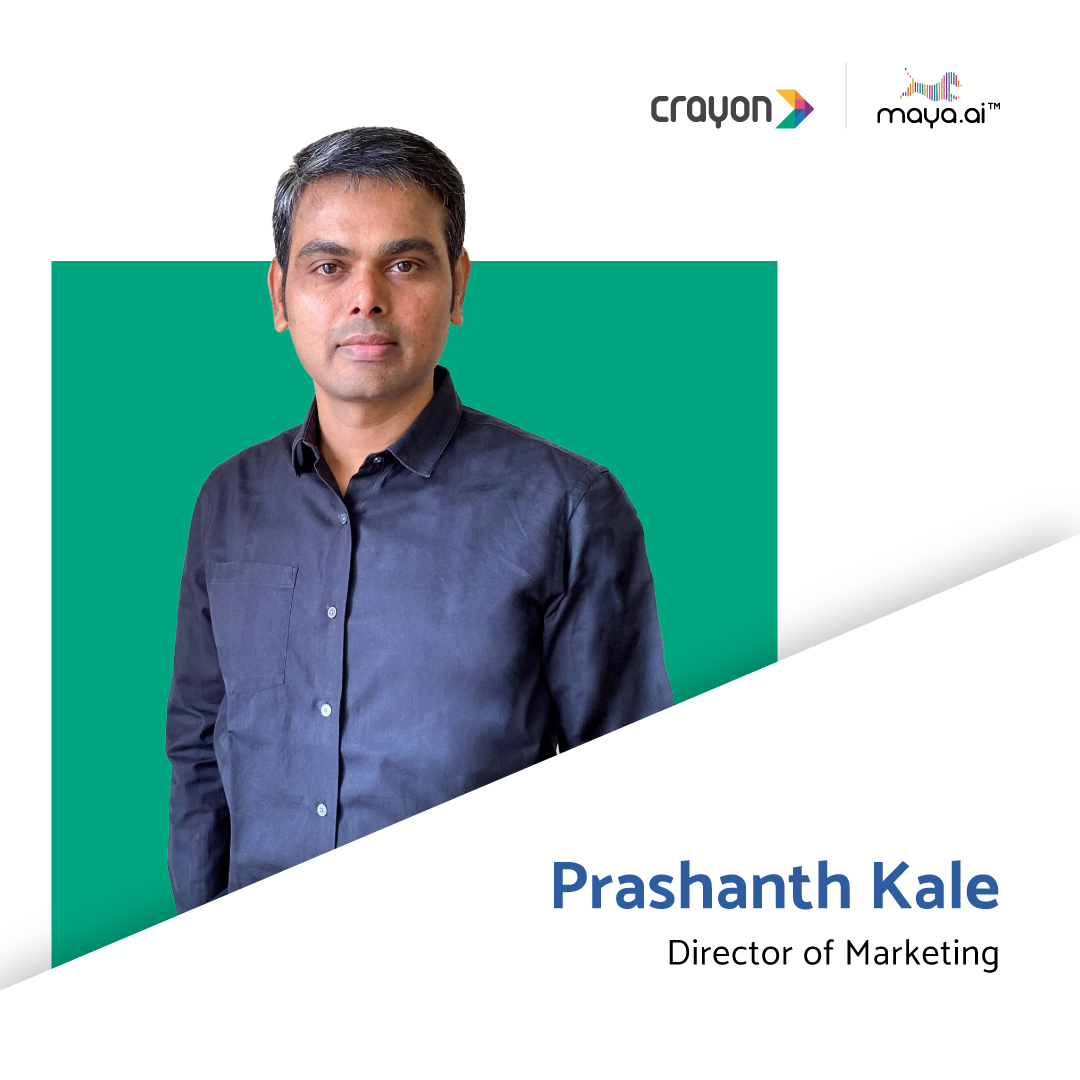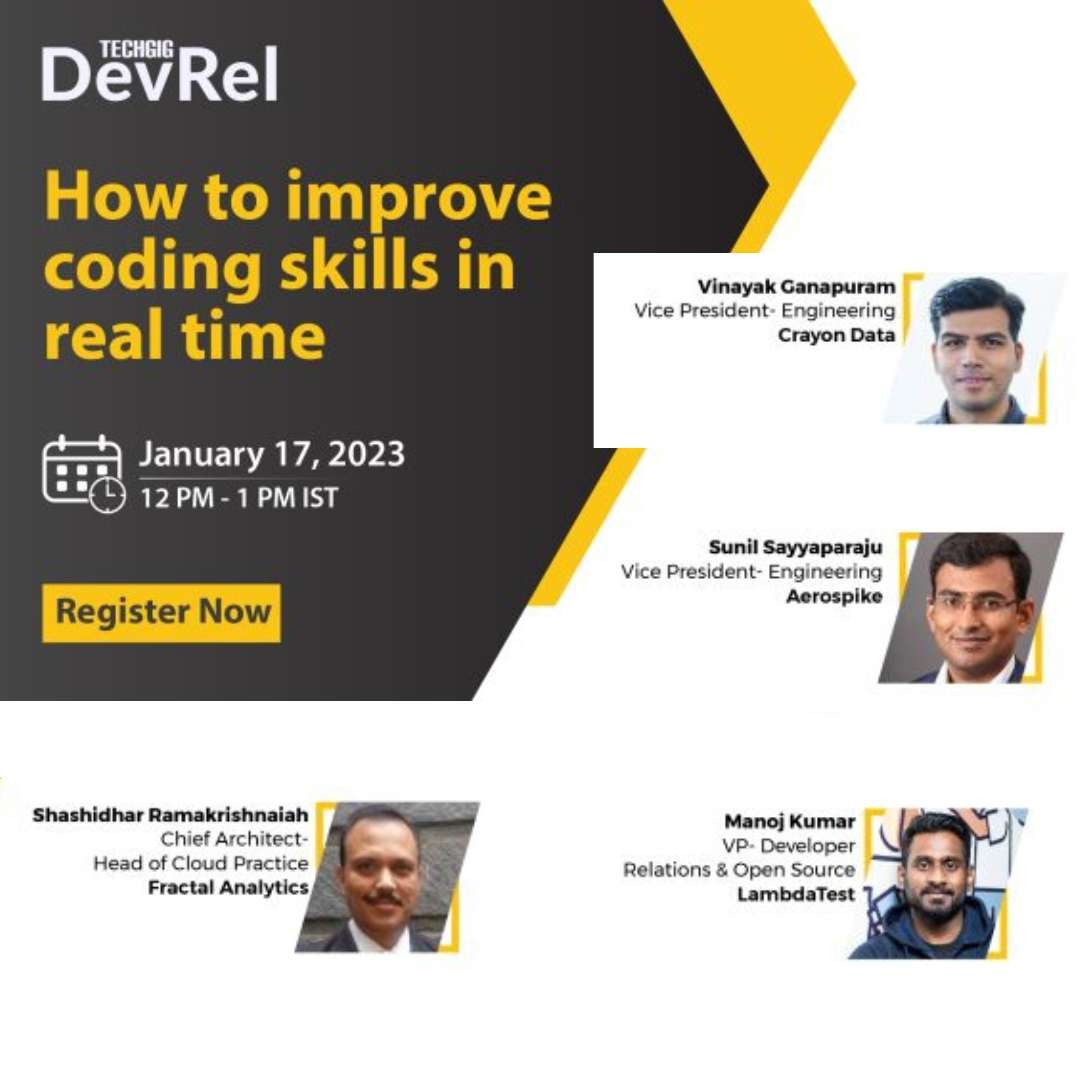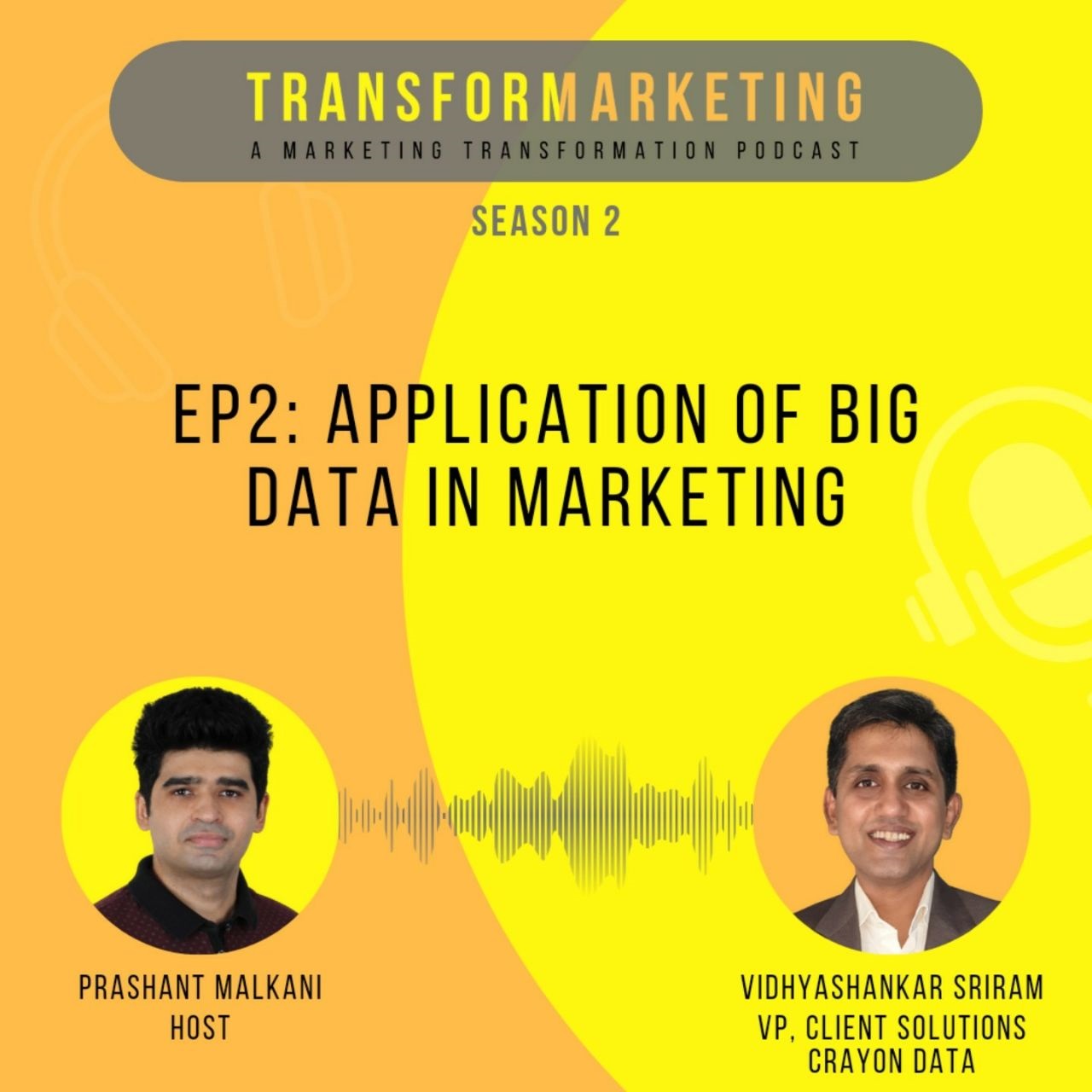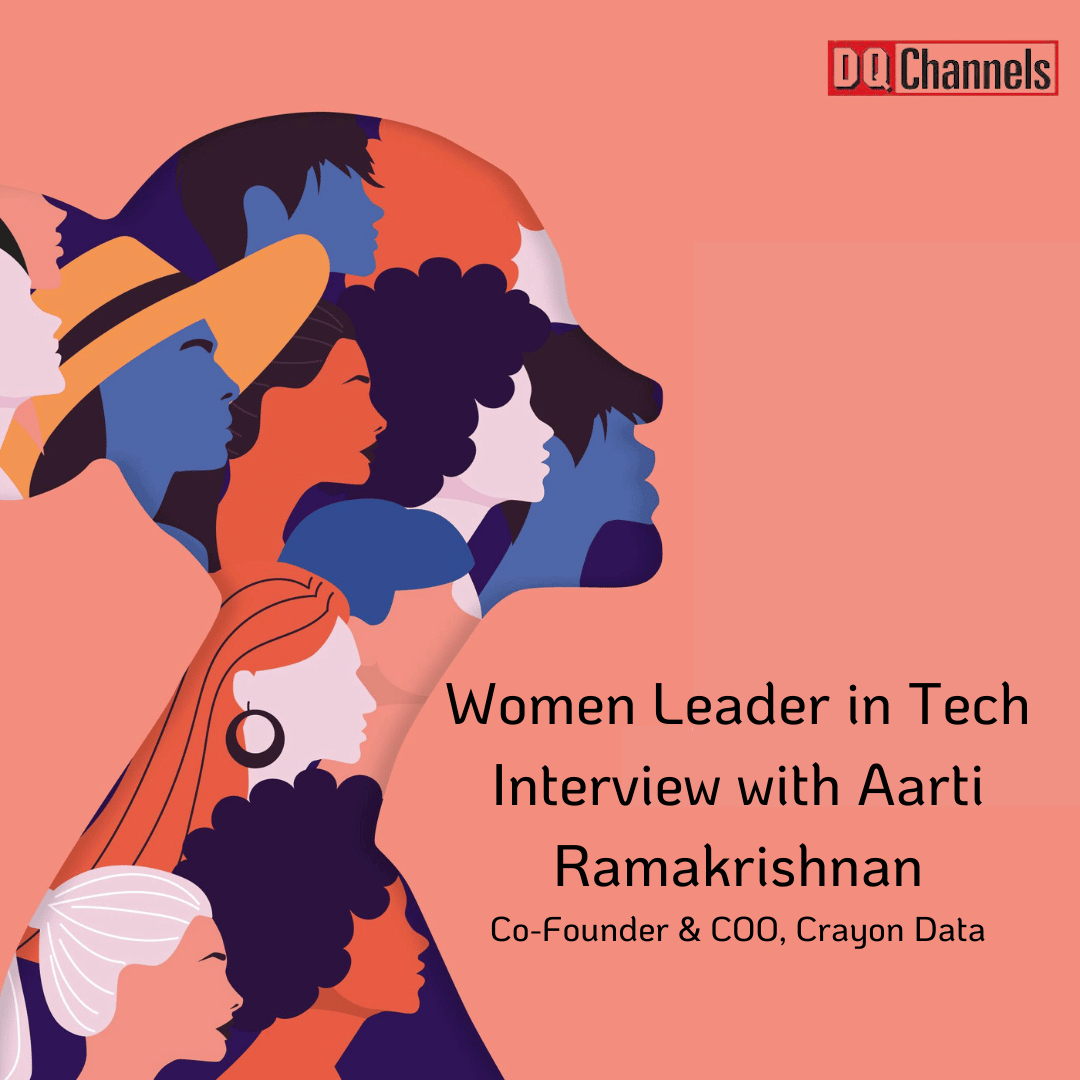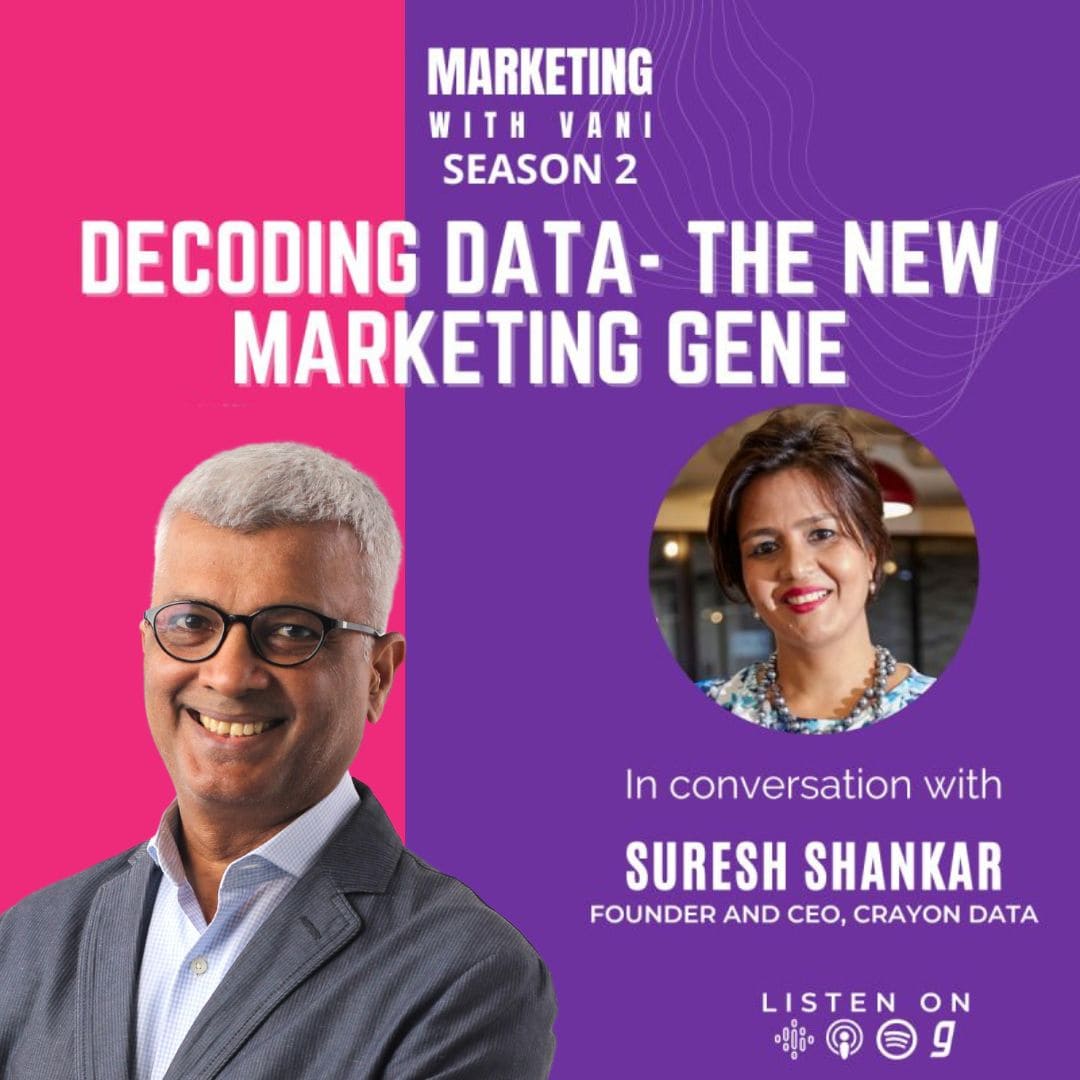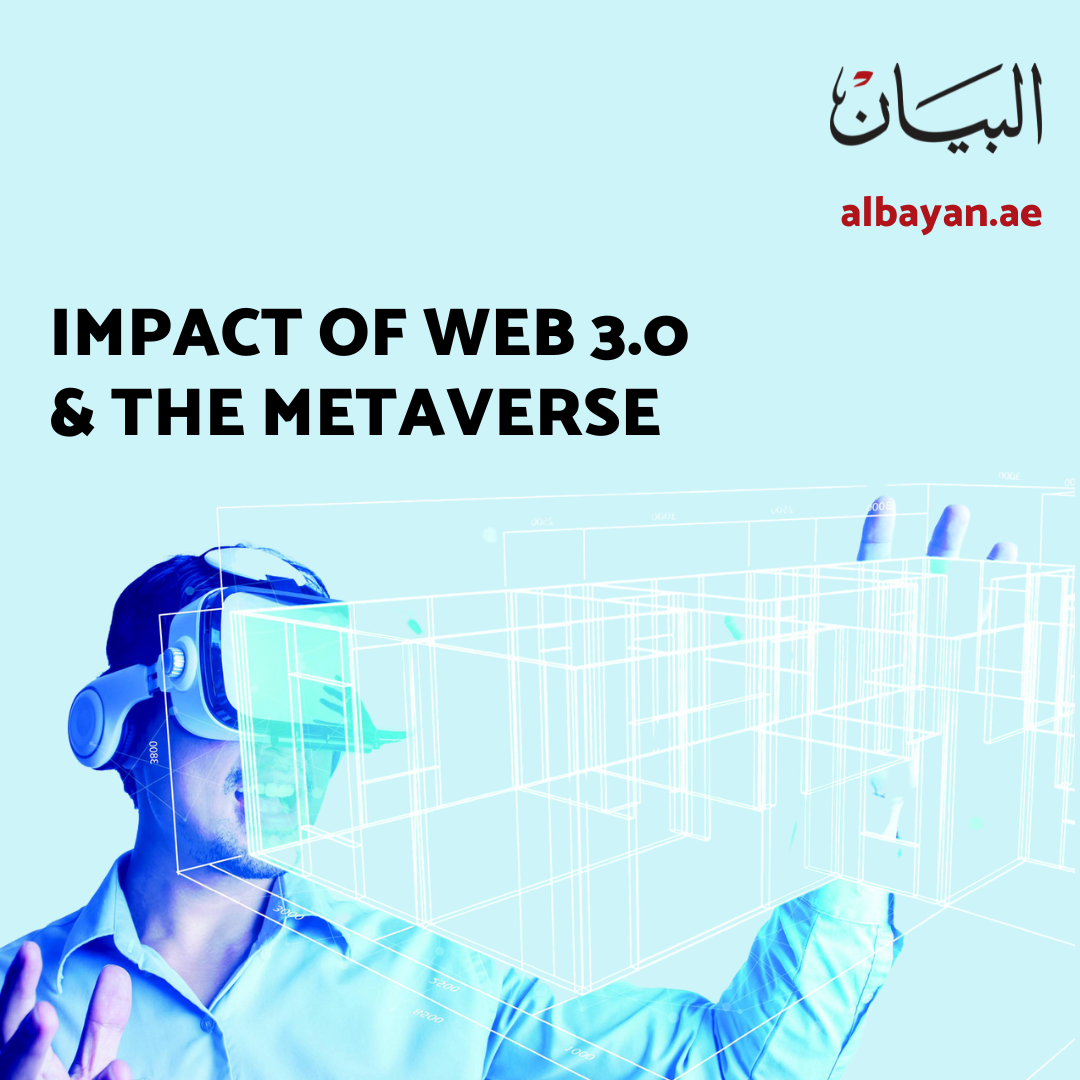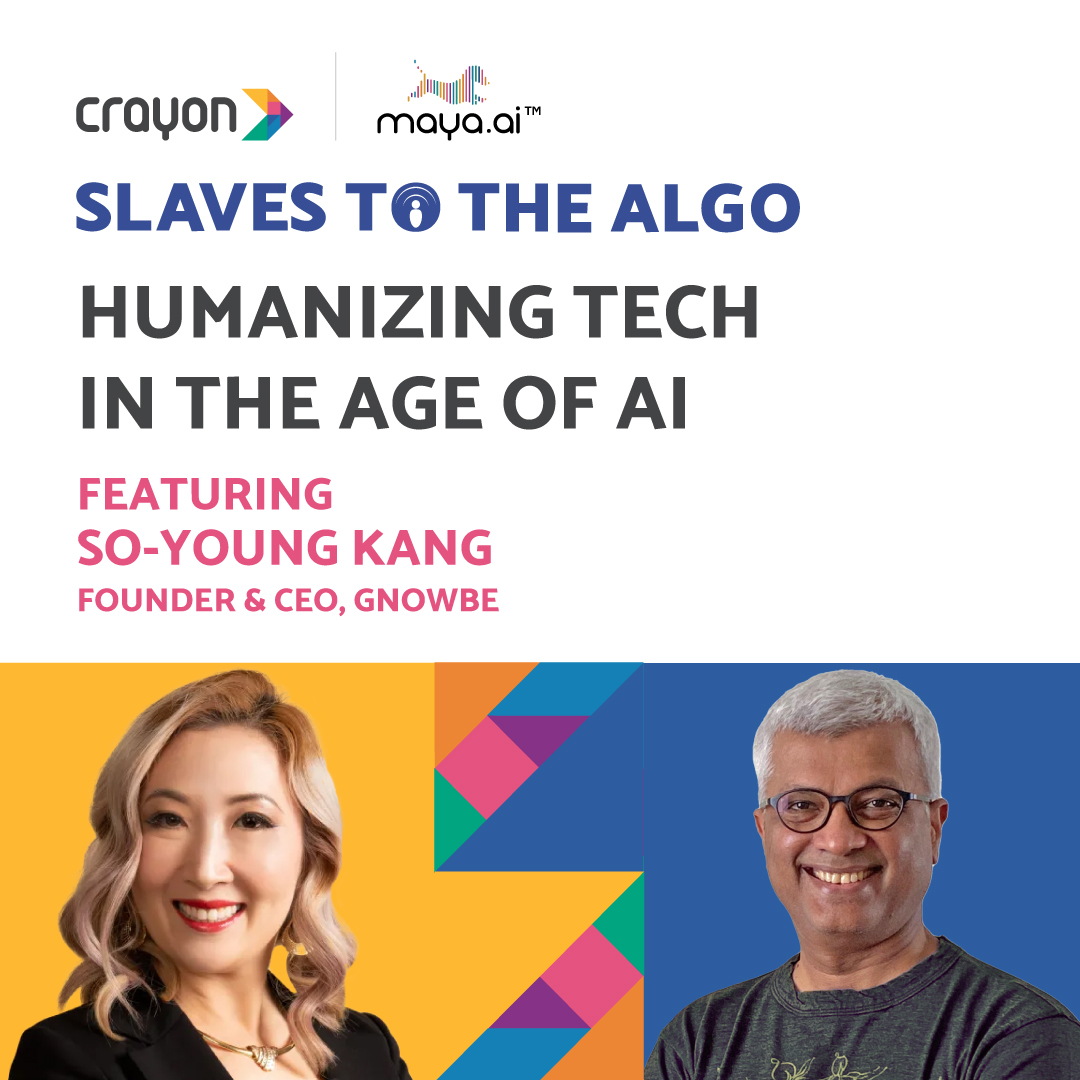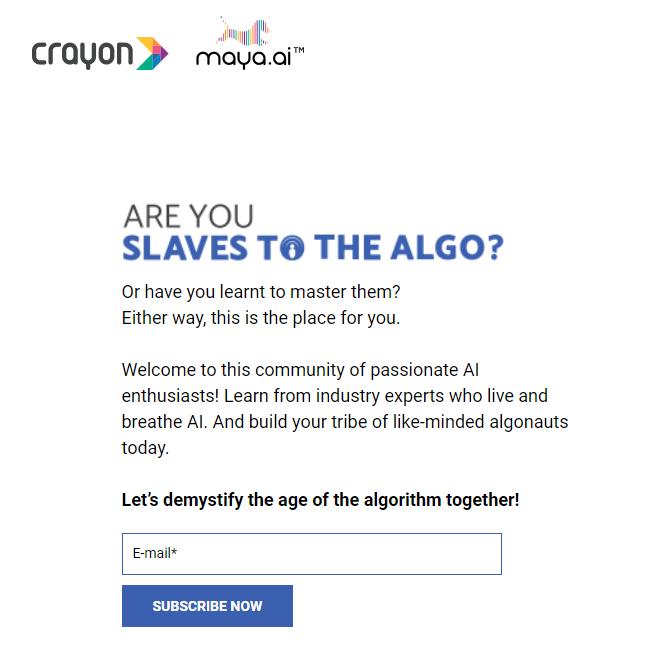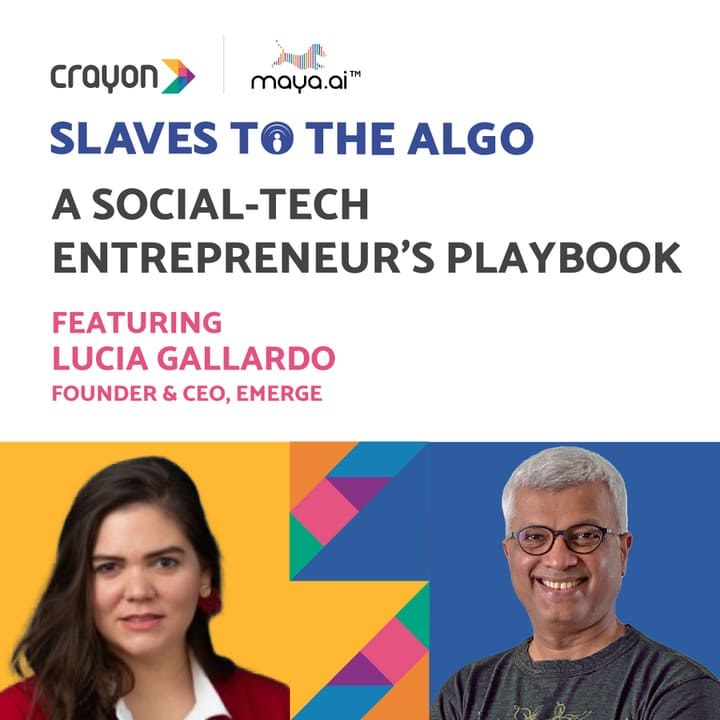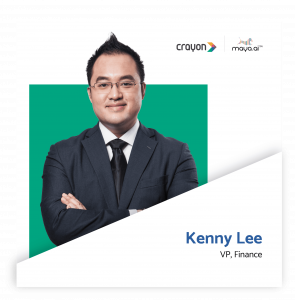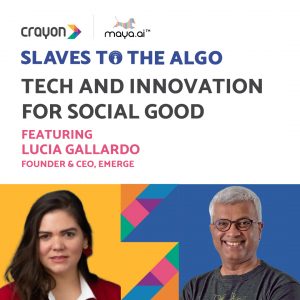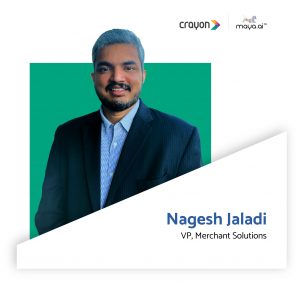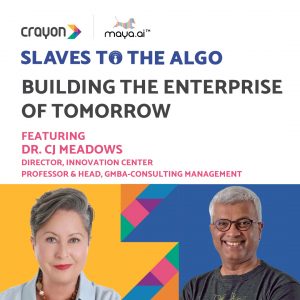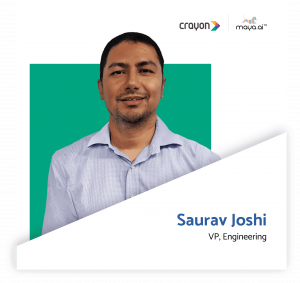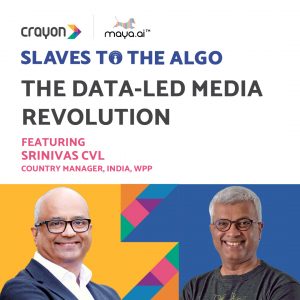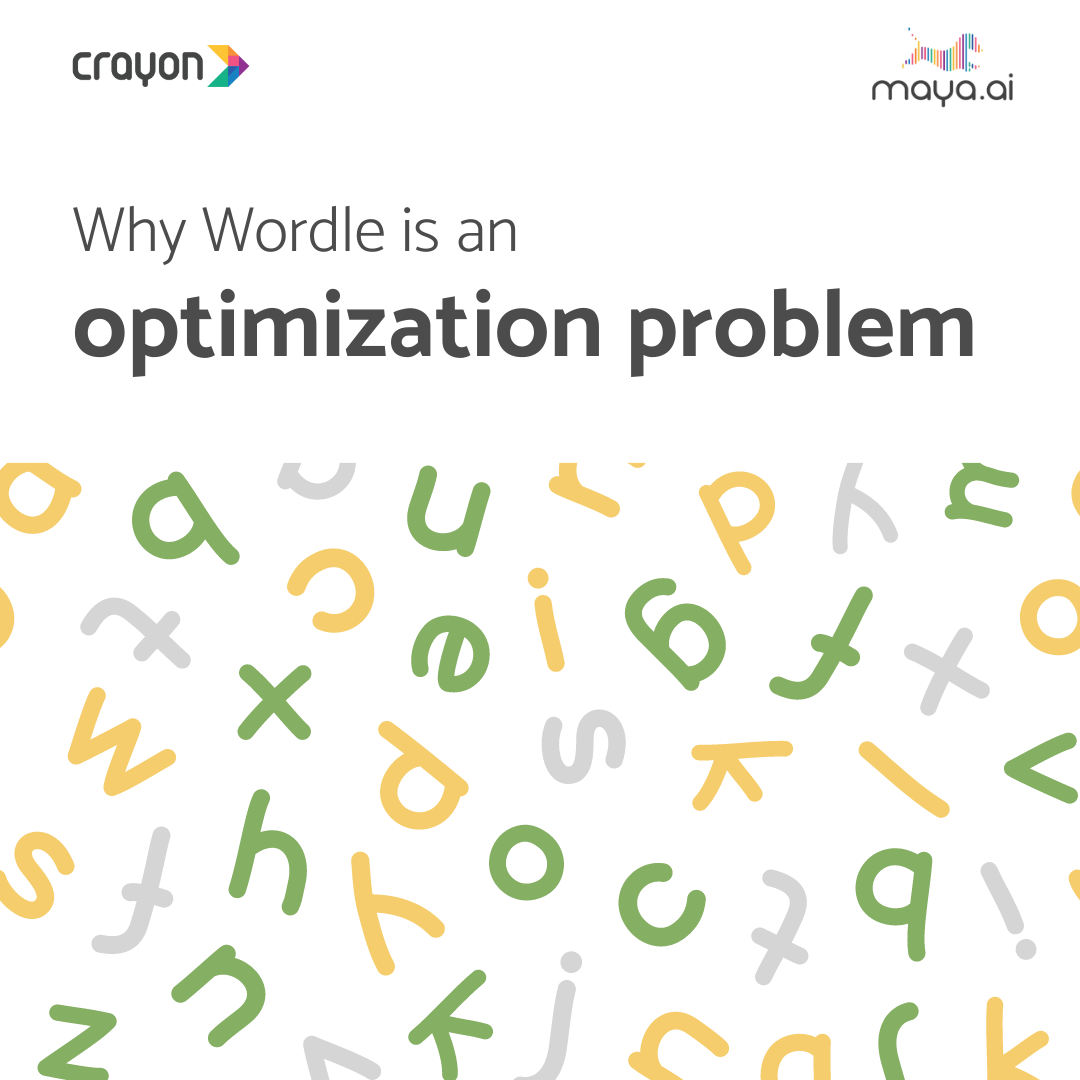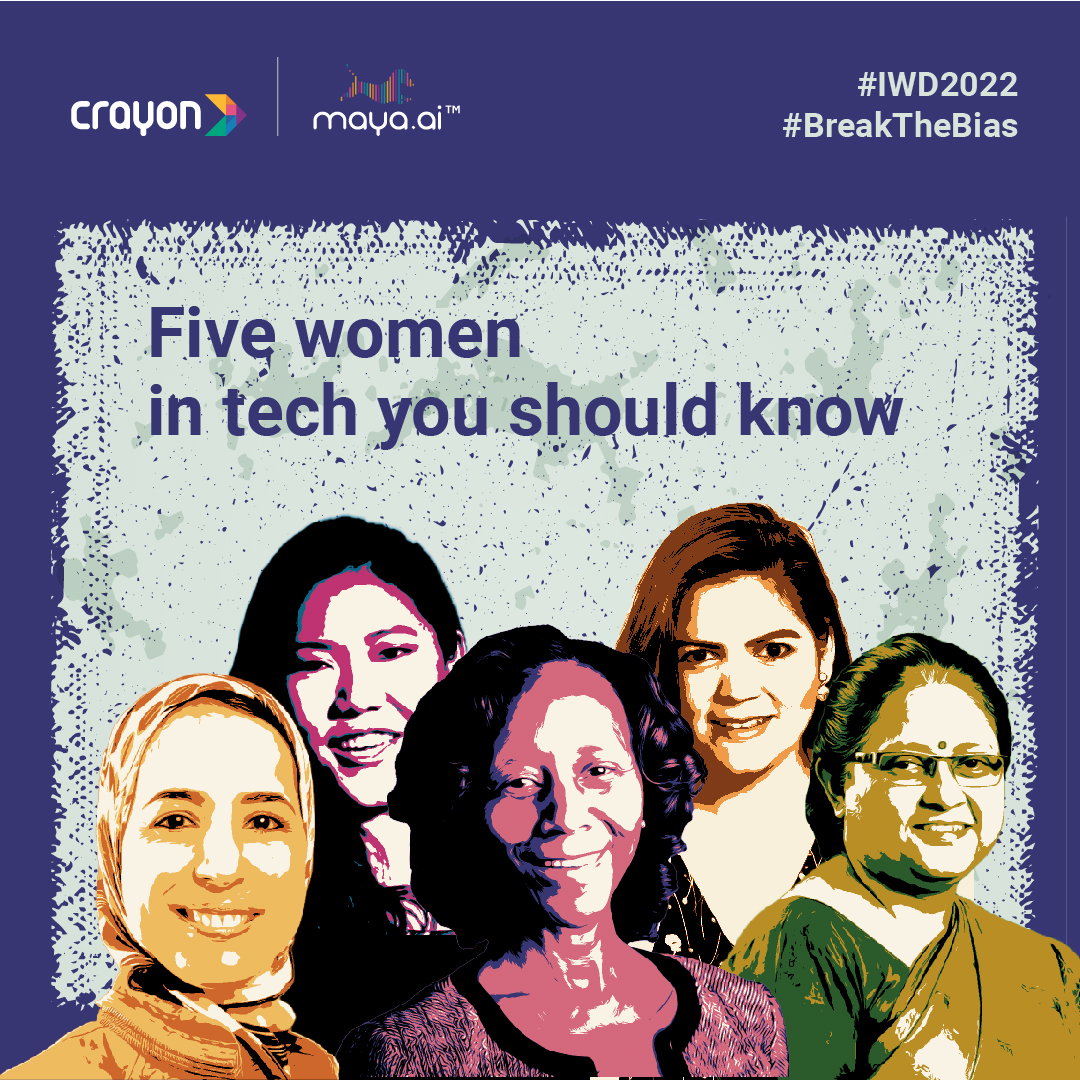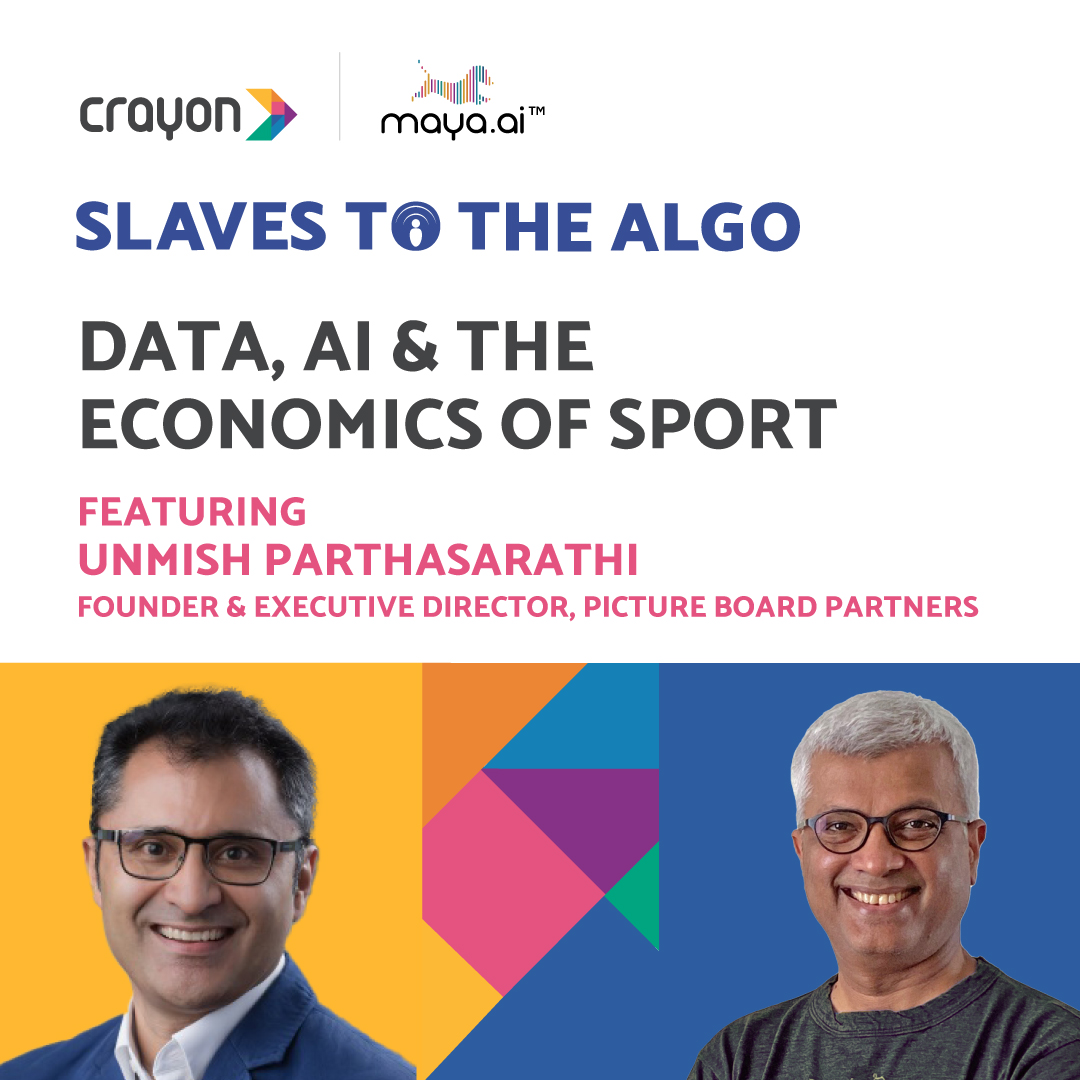Rishad Tobaccowala believes that algorithms expand his world. Our most recent guest on Slaves to the Algo podcast says, “People keep trying to say let’s keep it clean, or let’s keep the technology away. If you keep technology away, you don’t have electricity. If you keep it completely clean, you get this weird singularity world with no emotion, storytelling or love.”
And since machines do not love, they do not understand loss. “The truth is machines learn in a very strange way. They learn backward, while human beings imagine forward!” So, the one thing that matters ends up being the fusion of data and emotion.
Rishad is a renowned strategist, author, educator, and speaker with 40+ years of experience. He specializes in helping people, organizations and teams re-invent themselves to remain relevant in changing times. He spent nearly four decades at Publicis Groupe, an 80,000-employee firm dedicated to delivering marketing and business transformation.
As a pioneer in digital marketing, Rishad helped create one of the first interactive groups and digital agencies 25 years ago. He has also helped launch a series of initiatives over the years from groups focused on gaming, social, mobile and search engine marketing.
Rishad is also chairman of The Tobaccowala Foundation, which has helped over 12,000 people gain better access to health and education in India.
Rishad and host of Slaves to the Algo, Suresh Shankar, discuss real life case studies of companies that believe the future lies in the art of data and storytelling! Check out the full conversation below.
About Slaves to the Algo
Whether we know it or not, like it or not, our lives have been taken over by algorithms. Join two-time entrepreneur and AI evangelist Suresh Shankar, as he talks to leading experts in various fields to understand how they are using or being used by algorithms in their personal and professional lives. Each episode highlights how businesses can leverage the power of data in their strategy to stay relevant in this new age of AI. Slaves to the Algo is brought to you by Crayon Data, a Singapore-based AI and big-data startup.
Suresh Shankar is the founder and CEO of Crayon Data, a leading AI and big data start-up based in Singapore. Crayon Data’s flagship platform, maya.ai, is the AI platform powering the age of relevance.
How to listen to our podcast
Apple Podcasts
Spotify
Full transcript of the episode below:
Suresh Shankar 0:00
Hello viewers and listeners. Welcome back to another episode of slaves to the algo. That’s right slaves to the algo. I’m Suresh Shanker, founder and CEO of crayon data, and AI and big data company, a podcaster. And the host of slaves to the algo steps to the algo is my attempt to demystify the age of the algorithm, sharing my learnings and those of other leaders to understand how they are using or being used by the data and algorithms that seem to run a lot of our personal and professional lives. I must confess slaves to the algo does not attempt to portray our future as either dystopian or utopian. It merely seeks to bring the use of data and algorithms more into our conscious thinking as individuals. And today I’m particularly pleased to have Rishard Tobaccowala, a strategic an author and educator, a business leader of great prominence with 40 years of experience, helping people organizations and teams reinvent themselves. remain relevant in changing times. It’s been for decades the Publicis Groupe, an 80,000 employee firm delivering marketing and business transformation. What’s particularly interesting for me is that like me, Richard, is a person who I think started off as a right brained person in the world old world of advertising, but was one of the first to actually adopt data and digital as the future nearly 20 years ago. And since then, he’s launched a series of initiatives within the group and outside as well. Richard also is the chairman of the tobacco Wallah Foundation, which helps over 10,000 people gain better access to health and education. Rishad, welcome to the show. Delighted to have you. Thank you very much. It’s a pleasure to be here. And thank you for inviting me. Rishad, I always like to start the episode by kind of starting over the study book, personal level, right? We’re all affected as professionals in the technology industry, whether it’s marketing or financial services or travel. But they’re also affected as individuals by the developments in data and AI. And one of the things I like to ask is, the only is these algos that have kind of really impacted us, you know, something, we feel a while they made my life easier, or frightened us, you know, I am really scared by what, you know, something recommended to me, can you share some examples of some algorithms that you’ve seen that really impacted your life?
Rishad Tobaccowala 6:17
Sure, you know, to the algorithms that have helped my life become better. And I’m going to use common ones there versus common ones, meaning ones that people have access to have understand them. So not things that are exclusive or special. And I’m going to try to keep it as global as possible, though not every one of these is as global as I would like them to be. But where they have been of great advantage is in things like the recommendation engine of Amazon, the recommendation engine of Netflix, I do believe that both of those while they are optimized to increase engagement or increase sales have provided values by showing me either, you know, things where I could spend my time watching television, or movies, or what products or services that I could potentially purchase that other people like me have purchased. And what I like about those, it’s very clear what they are doing, they give me the choice, I can decide whether I want to do it or not. And I can go on. So those are ones that are positive. Again, I’m selecting things that are obvious, or easily available, because in most parts of the world, some form of Amazon and Netflix with the exception of maybe China is available. The two that I am a little bit more concerned about. And again, this has nothing to do with those companies. But I’ve had some issues, obviously with the leadership of those companies, but nothing with the companies is the algorithms that like a Facebook uses. Okay, which basically, or many social media companies use, were in my case, what they basically end up doing is this socialize, that what they basically do is they colonize my mind, they make me start to believe that and it’s not just them, it could be parts of like Google search, etc. So I mean, you know, if not Google search, but when you click on, let’s say, the Google Search tab, and it’s optimized to you, with some of the Google News, those things are built to basically make you feel really cool about yourself, make you feel that your flatulence smells like Chanel five, make you feel that you are the center of the world, none of which are true, none of which are true. Right. And, and I think the world is beginning to understand me have seen that recently with the most recent results from meta, that that doesn’t make sense. So I like algorithms that expand my world. I do not like algorithms that basically minimize my worth.
Suresh Shankar 8:52
All the wonderful thing about talking to each other is that you know, in that last line, you summarize what I think the beauty of the algorithm is and what the danger is the fact that they’re supposed to expand it and not shrink it, and the filter bubbles that we are forced to intuit that. And we’ll come back to I think some of these examples as we go through that, because I think this is really the essence of what this show is all about. But I’m going to start with actually an insight. I mean, you wrote a wonderful book called restoring he called restoring the soul of business staying human in the age of data. And that is such a, again, such a pithy title, right. I mean, it is the age of data, but we got to find a way to stay human. And you talk about the fact that it’s the people and the end the platform, the fact that you need the tech and the talent to make transformation work, right. But if we look at for example, one of the examples use Amazon and Netflix, sometimes don’t you feel that that started off as a wonderful thing to expand your choice to help you actually find the right things for yourself. And then suddenly the business imperative takes over and then they are like, kind of spewing a whole bunch of things at you. And no, John Kim was nothing says that, you know, at some point the business model So the algorithm. So what’s your view about? How do you actually stay human? In the face of data? How do you actually make people do the right things, the data and the algo.
Rishad Tobaccowala 10:10
So I think the three perspectives that I think I bring, they’re not necessarily unique, but very few people combine these three. So I wouldn’t say they’re unique, but they combine these three. So the first one is a sense of optimism, about what science and technology bricks. So I am very positive about the future of the world, the future of science and the future of technology. So I’m not one of those people who basically believe that the laws of gravity are bad, and I will tweet about it, I kind of accept that if I jump out of the window, I will die, whether I tweet about whether I accept gravity or do that. And part of my basic belief is science. And technology has helped us today, with something as simple as if you don’t believe in science and technology, please do not use your bathroom. Plumbing, to not use electricity, light. Now, are there downsides of electricity and downsides of plumbing? I’m sure there are. But on the other hand, overall, they’re optimistic. So I basically am optimistic about technology. And I don’t even have to go to health care. The fact that you know, 2530 years ago, if you got a diagnosis of cancer, most of those cases with a very quick death, that’s now a minority of those cases. So So what is I believe I’m very optimistic about technology, which is the first thing. The second is, I’m very optimistic about human beings. So there are people who are very optimistic about technology, who basically believe we’re going to live in a world of singularity. And it would be better if silicon replaced carbon. I like carbon. I’m, I am carbon, right? Like I remind people, I like immigrants, I am immigrants. I don’t care. If you don’t like immigrants, everybody in the United States is gonna make me better and get over it. Okay, so I like human beings. And the reason I like human beings is because human beings are stories. And technology is math. And as you know, I have an advanced degree in math. I have an MBA in finance, I know something about data. And so my whole basically, I love technology. And I love humans. So why can’t we say, and, or plus, versus, or, and to me, so my third point, which is vicious, somewhat unique, is I’m pro technology and pro human. I’m pro optimistic on technology and prognostic and human. My third is, if you combine them, it’s difficult and it gets messy, but that’s what life is all about. So people keep trying to say, is, let’s keep it clean, or let’s keep the technology away. And my whole stuff is if you keep technology away, you don’t have electricity. If you keep it completely clean, you got this weird singularity world with no emotion, storytelling or emote or love. And my whole basic belief is remember this, machines do not love. Machines do not understand loss. And the truth of the matter is machines learn in a very strange way, they learn backward, while human beings imagined forward.
Suresh Shankar 13:33
And that’s just such a wonderful thing. And you know, every time I talk to you, we come up with these, you come up with these very simple ways to summarize the world machines look backward, human beings look forward. And one of the other things that you kind of talk about a lot Rishard is the fact that the future is for companies that believe in another one of your pithy sayings, the spreadsheet plus the story. And, you know, basically, there is math and there is meaning behind the math, right? And how do you actually bring these two together? What you talked about emotion plus, like, you know, rationality. So can you give us some examples, and in all the companies that you’ve helped transform of brands or companies that have successfully taken the data, but I’ve actually also converted that into a story that that, that that that makes us relate is as like consumers as human beings.
Rishad Tobaccowala 14:22
So I’ll point it to three, two or three examples, which are clients of the companies that I’ve worked with, but I may not work specifically with them. And I’m going to basically take talk about like, let’s look at one company. Today, the company that is the most valuable European company in the world, interestingly, and who, along with probably competes with, depending on what the stock price of Tesla and SpaceX is, with. Probably with Maybe with musk and also Bezos is the richest person in the world is a gentleman from Europe, who is the primary or majority owner of LVMH, which is Louie Vuitton Moet Hennessy and Louie when they say the man is a amazing dealmaker, highly driven, but not auto burnout at all his name. But the products and services he puts out there are called Louis Vuitton Moet Hennessy, Tiffany, Sephora. So what he has done is use math. And he has sold dreams. Now let’s address the
Suresh Shankar 15:47
Big Shot among the dreams I get. But where’s the math in that that’s interesting, it
Rishad Tobaccowala 15:52
is the way he makes these acquisitions. The main the way he runs his supply chains. Let’s look at Apple look at Tim Cook is a logistics expert. Right. But the most expensive computers, phones in the world are apple. They don’t talk about logistics. They don’t go to talk about how wonderful their underlying technologies, they basically talk about creativity, and dreams and stories. And they charge the most expensive prices, which are nothing compared to the value that they deliver. And that’s the the issue, which is you need the math and the machine and the data to run a business. You need the storytelling and the dreams and the emotion to ignite people. And every smart company does that there’s a big difference. United and southwest I mentioned those in my book. Right? Find the same plane, same airport, same FA rules, how come one has gone into bankruptcy twice. And once never lost money, it’ll COVID-19. So my basic belief is anybody who tells me it’s all about the data, I say the fact that you were born proves to be otherwise, because your parents didn’t do an ROI. Because on a financial basis, you don’t actually work. You are a fool. You wear a watch, why do you wear a watch? It should be done in a phone, you have a car besides a Toyota Camry, you are a walking embodiment of bullshit. Notice when you told me it’s all about data. On the other hand, if it’s only about emotion, then you basically have madness, you basically have just religious fervor without any form of enlightenment. So you need both.
Suresh Shankar 17:38
Yeah, I love I love the thing that there’s no ROI on children out there. That’s, that’s, that’s revolutionary. But I have my own favorite example of this Charlemagne, for me a great example of somebody who’s told when they started a great story, with a huge amount of math underneath it is the Google search bar, the simplest story, typing anything you want, and I will show you a window to the world. You can find it all here and behind it is a huge amount of math, that search engine that went into it. Right. And, and I think, in some ways, that’s such a great thing. But you know, you Richard, you’ve seen a couple of revolutions. Right? You were there, the literally the dawn of the time in the media industry when the data began to be used. And your formula, would you say ABCD have reinvented marketing, the D stands for data? And how did you work with companies? I mean, you come from an industry which is fundamentally like, you know, people thinking creativity, brands, emotions is what drives everything. And you had to convince them that whole digital and going into data was the future. And can you walk us through maybe just give us some of those the craziest examples that you’ve seen?
Rishad Tobaccowala 18:43
It’s very simple thing, what what basically happens is, I truly believe and as you know, that’s the tenant of my book is people. And as you mentioned, is the story plus the spreadsheet and the math plus the meaning. So if you think about it, fundamentally, what tends to basically happen is at it’s very hard, I would show people two things at the same time. And I remind them right now, so right now, I’m spending a lot of time and people say what are you spending your time on? So I’ll go back to your question, and I’ll explain it to you with how I’m spending my time to tell you that you know, as someone who’s now 62 years old, and doing the 75 minus 62 I got less than 5000 days here in this math it may make sense to understand how I’m spending my time, right? And I’m in a fortunate position where I do not have to spend my time to optimize for financial outcome. Not that I don’t care but but that’s not the main thing and earlier parts in life, different parts of life different parts of the world that has sometimes has to be important and often is but okay, so I’m gonna experiment. So my stuff is a the future of marketing and media because that’s what I’m known for. The second one is the future of talented work, because that’s what I care about. And the third is I always want to know, like, I don’t know what the hell I’m talking about. So trying to figure out this web 3.0 thing. Okay. And, I mean, it’s very unusual position that senior CEOs of companies are paying me to teach them about something, I don’t know, when I tell them, I don’t know it. And their own stuff is go, I pay you to go for an hour and explain to me what’s going on. Because when you come back, you will talk in English. And your answer will not require you.
Suresh Shankar 20:37
That is such a wonderful compliment, okay.
Rishad Tobaccowala 20:40
So their whole stuff is you will come back in English and whatever your answer is, we don’t have to buy you anymore. Because there’s only one of you and you’re useless. So we understand that. So that’s over. So if I go to any other company, they’ll come back with an answer, which may not be in English, which will require them to be hired to explain to me what they just told me. Right. So what was that? That was basically a very unique combination of that, those two things. But when I started to think about all these things, including the future, what I began to understand was the story that I would basically tell people today and web 3.0 is no different in the story. I started in the digital age. So when I started the digital stuff, I grew a company and then by the time I had grown it, we had the.com Bust. My company had zero layoffs, we were growing at 30% a year for two years, we were flat. So we didn’t go like this or we were flat. Why was it? Luck was probably it? No, two other reasons. One is I selected clients that were dot.com clients because I was suspicious and compliance. But the other is I had one simple chart. And the chart was I showed QQ Q, which for the people who are listening to this, it’s the NASDAQ index, right, which had gone up to 5000. Today, it’s 30 40,000 40,000, depending it’s very erratic, and going up to 50. But 3040 got up to five, and then it crashed to 1000. So I showed that may said, If you build your future of your marketing and media on QQ Q, you could do that. But here’s what I would suggest that you build your future on. And what I showed them was broadband penetration of the internet. Nice. I said, this is what human beings are doing. This is what financial markets are doing. So today, because I happen to be very bullish on web 3.0, which I explained to people is very different than Metaverse is very different than cryptocurrencies and very different than NF Ts. Okay. And my book actually talked about it before people talked about that three point. I call it the third connected age, right? So I said, let me show you. Your is the price of coin base here is the price of Bitcoin. And let me show you what is actually going on as people basically want, including musicians and everybody else want control over their own destiny. And that becomes a story. So the story is, technology enables humanity. Humanity does not enable technology. And that’s what people don’t realize. Okay, so the reality of it is that here’s a big difference between Mark Zuckerberg and Sergey Brin and Larry Page. Let me tell you what the difference is, which most people don’t understand what the differences. They’re both amazingly sophisticated individuals. They’re both amazingly rich. They’re both amazingly wealthy. And both of them basically, all three of them have more mental processing capacity in their god damn finger than you and I have together our brains. But there is a difference. And the difference is that Mark Zuckerberg spent years trying to learn Mandarin to get into China. And Sergey Brin and Larry Page left Russia. Huh?
Suresh Shankar 24:14
Could you explain that’s an interesting one.
Rishad Tobaccowala 24:18
They decided they didn’t like the Russian way. And they decided there was going to be no Google in Russia. And everything that Mark Zuckerberg tried to do was to get Facebook into China. That tells me fundamentally one person thinks people and then technology the other person basically thinks technology and then people and that’s why Facebook will never recover. Well, because it’s run by its controlling weakness it shares its CEO is its controlling weakness. The controlling shareholder is the controlling weakness. And today it became clear with this 25% decline. What I’ve been saying for a long time the guy does not have humanity in him.
Suresh Shankar 25:04
Okay, and I think that
Rishad Tobaccowala 25:07
stuff is if you if you take Tim Cook, if you take on Tim Cook, and you think you’re gonna win against Tim Cook and Sergey Brin, and web 3.0, with your current impoverished him, forget about
Suresh Shankar 25:20
it. So that kind of his oppression thing, I did not engineer the stock collapse last yesterday before I did this podcast, but it’s kind of it’s kind of with this going on the Facebook thing just a little bit. Right. And I think I’ve said this for a while that, you know, when the apple move that is more about, you know, privacy and not tracking people, the rising concern for ethical use of data. But the fact is that, you know, you had a, you had a moment in the last one week where Google’s advertising is that, you know, people need to advertise, Google is going up. But you know, Facebook’s going down. And my question really,
Rishad Tobaccowala 25:57
today, if you notice, Amazon went up and snap went up.
Suresh Shankar 26:01
So what is this thing about? Is there actually a reward for using data responsibly? Because they all seem to be using data. And they’re all misusing data in some way. So what is this connection about between the use of data using it to add value versus your own growth as a company?
Rishad Tobaccowala 26:21
So the best way I look at it is there are three things that are happening today. So the way I describe the future of the web? Is and the reason I’m working very hard with boards and CEOs of companies, is I said, I’m coming to you not to talk about the price of Bitcoin crypto FTAs. Because it’s the same thing as like NASDAQ was broadband penetration. I believe web 3.0 is a philosophy first, technology second. That’s how I start web 3.0 is a philosophy. I said let’s let’s look at everything that Mark Zuckerberg said in meta is basically he is trying to basically do Metaverse with web 2.0 technology. The days of command and control and centralization are over. Thank you very much move on. The philosophy of web 3.0 is cod, or DRC. I call it diva state doc. Right? D is decentralized, slash democratic, democratic, democratic, always open and C is composable. composable basically means like Lego pieces, okay. In that particular world, the power is going to go increasingly to the maker and the user rather than the aggregator. It doesn’t mean they won’t be centralized. They won’t be aggregation, but the power is moving.
Suresh Shankar 27:57
And is this just another progression on the whole user generated content but who makes more
Rishad Tobaccowala 28:02
than us? Content? You when you have a history when you ever history, the reality of it is that today, people are basically recognized we’re moving into a creator economy. You know, as you probably know, I wrote this thing called the creative age. And people said, What are you talking about? So we live in a creative a creative economy. Companies like snap and Tik Tok are attracting all the creators. Right? Facebook, see, what are the things I follow what people don’t realize what I follow is I follow one simple number. You know, the number is? What is world class talent going? That’s it. Nothing else matter? Where does talent go? When you begin to have hemorrhaging talent from Facebook slash meta slash Instagram. My stuff is, they have seen what’s happening. Look at the depth of talent today at Amazon, Google snap Tik Tok, coin base and the depth of talent of Facebook, this whole meta things a slate of hand to get engineers. I get this technology event comes out to people. And we refuse to understand that it’s people who write code.
Suresh Shankar 29:17
Now, absolutely. And people are values. And if your values don’t sync with what the firm’s doing, you will, you will vote with your feet. But recent news will come back I mean, you know, we had this whole thing about we moved away from traditional content that was produced by a few people to this trend of user generated content. But what happened in the user generated content is that people started to I mean, a few aggregators made money of the fact of mine.
Rishad Tobaccowala 29:42
Yeah, so that’s a problem. So that’s the web 2.0. So yes, the big problem, the web 2.0 problem. The problem with the web 2.0 is web 1.0. Turned out was a philosophy that became web 2.0 web 3.0 is what 1.0 philosophy with web 2.0 technology. Okay, so web 3.0 is very much basically about that, I will own my own data at the extreme, I will own my data, I will able to monetize my content. Obviously, there is a role for aggregators because of simplicity. But here’s the big thing, the fight that right now is happening in the United States between Spotify, who is doomed as a company. Doomed, okay? Wow. Right? Doomed, okay. Because I have now understood that they philosophically do not understand what business they’re in. Okay. And the reality of it basically, is they have are basically saying, I’m going to take all the money from the people who, from the artists, and pay to the Joe Rogan’s of the world, so I pay these people pennies, I’ll pay this person 100 billion dollars. These people are saying bullshit. So that’s the reason for NFTs. That’s so people are going to SoundCloud people are going to Bandcamp people are going to Apple, right, you saw what happened to their stock price. And that is basically what people are recognizing, we do not work for the man or the woman, as now as an independent person, I’m basically telling you, the technology is mine, the data is mine, the content is mine. And the days of 2007 to 2022
Suresh Shankar 31:26
are done. Right, done. That is both exciting, and extremely scary. If I was sitting in a company and trying to say what’s my future, because the
Rishad Tobaccowala 31:39
future is attracting and retaining talent and being fair to people. That’s your future. Your future is about purpose and values. Your your purpose is about attracting talent, so they that they tell your story through your company, your company fits into the story of their life. It’s about purpose values, meaning growth and freedom. It’s no longer about supplication. That’s the whole thing. The reality is that’s the thing, that’s that’s the change that’s beginning to happen, which most of these people don’t understand. The reality of it is most of these web 2.0 people. Right? Were much more mercenary than all that came before using all this bingo jingo about the web.
Suresh Shankar 32:21
You know, Rishad, this is a, this is a podcast about data and AI. And you know, it’s what’s been fascinating about this particular episode is that we’ve talked so much about people, and people being at the core of this whole thing. And
Rishad Tobaccowala 32:37
I keep reminding people, people write the algorithms, if you have basically, if you have a face recognition program in China and a face recognition program in America and one in India, they recognize different people. So don’t tell me it’s the data. I never believe it. When people say the data I said who wrote it.
Suresh Shankar 32:55
And that, that there’s a whole bunch of thing. We’ve done some interesting episodes that people will talk about the protocol, the ethical use of data or how you actually call Explainable AI, right. And one of the guests on the show Rishad, that is very interesting thing. He says the 70s, when he grew up a slightly older, he said, food products never had labels on them today, whether or not you read it, you would not trust a food product that didn’t have a label. So he says every piece of AI is going to have a label, saying this is how I arrived at the conclusion, right? And explainability. Interestingly, we had another guest on the show last year, and he talked about the fact that culture is the algorithm that runs your company. And that’s exactly what you’re saying. There is a culture that you build in your company. And that becomes in some ways an algorithm because that determines the way people interact with you. And that determines the way you interact with the world.
Rishad Tobaccowala 33:45
Make no mistake, Mark Zuckerberg is a very smart man meta a very fine company. Why did he do all these things? Because he was not attracting talent.
The reality of it is five years ago, every engineer wanted to work at Facebook. Today, less than 45% of the job offers to engineers, they accept. And after today’s stock price decline, it’s going to be 25%. Okay, and the reality of it is the biggest disadvantage the man has, and he’s brilliant. Is everybody world class around him left? Look at the Board of Facebook five years ago and today. Ken Chennault all these amazing people are not there. Right. So the reality of it is if business is about people, it’s about talent. It’s about vision. It’s about purpose, it’s about emotion. The math is available to everybody.
Suresh Shankar 34:52
That’s it’s such a startling, simple and it’s something that we all knew, but we seem to have forgotten. We
Rishad Tobaccowala 34:58
have forgotten we’ve forgotten people idolize these people come on the guy’s gonna die you’re gonna die. I’m gonna die. Get over it. He fought you fought, I fought stuff that.
Suresh Shankar 35:08
I love that one shot. I got a decision. You know, you talked about 13 years left, I’m sorry, you read, you should read the book, the 100 year life, the data shows that you will live likely to be 100. So
Rishad Tobaccowala 35:20
I’m hoping I’m hoping. But yeah, here’s what happens. Is it all of these gentlemen, and all these companies are remarkable, you know, we’re like pipsqueaks in the thing, but what I’ve tried to get a lot of people to remember is do not follow these people. Because some of them are talking BSD. Right. And in the end, remember this, when you are gone, I’m dead. piles of money or aka stand around your grave people are.
Suresh Shankar 35:52
That is, again, such a wise thing to say. And, you know, you talk about the resume was the eulogy virtues. So this is really about that. But I’m going to come back a little bit into the data side, right, you’ve seen and you’ve talked remarkably, lucidly about this whole web three Dotto and the DRC construct. As you kind of see, I mean, a lot of people every day, I’m going to come back to the idea of data, right? Everybody in this world is third connected age. What do you call that? But data connects data, you have 5g, we are all this stuff, right? And we’ve had people on this podcast from completely different verticals, banks, FinTech, healthcare, it take research, where do you think the future is going to be created the fastest.
Rishad Tobaccowala 36:36
So I believe the futures will be corrected fastest when you have a businesses that are highly data driven. Many of the almost every business is very data driven. But some businesses are more data driven than others. So clearly, the financial industry is one that’s more data driven. Travel industries, another one that’s more data driven. So that’ll be one place. The second is, as someone who grew up outside the United States, I believe that many of these things are going to take place in Asia, that I pay a lot of attention. I’m like joining boards and boards of advisers and Asian companies. In a few years, it’ll be Africa, right now it is Asia, but that will basically be a big place. And the third area is where there are significant benefits where you actually give somebody the ability to really improve their life. So you know, the example I use is the impact that Gio had in India. So geo broadband had in India, right? That was pretty, pretty significant. I think the impact that geo had in India, or what mobile phones had an Africa, more significantly improved people’s life than Facebook did for people in the United States. Okay, and so in the end, my basic belief is that the reason I’m so bullish on some variation of web 3.0 is primarily because it is going to distribute control and power to the people who use the world, and people who create for the world. So you can get very wealthy and obviously there’ll be obviously intermediaries. And there’s a lot of fistfights going on now between the Jack Dorsey’s the average and Harvard says and everything else. But that’s like a sideshow. My basic belief simply is, is that the original belief of what the web was when it came out in 2003, and the vision that Tim Berners Lee and other Stybar, as they should be given, like, every got a Nobel Prize, that various prize, he absolutely right.
Suresh Shankar 38:55
So I bid, I bid a million dollars for that first piece of code on the NFT. And I did get it, right,
Rishad Tobaccowala 39:01
you know, so people and people like that. So my underlying basic belief is that the ability of machines and AI and other things to uplift the next billion the next 2 billion people into better lives are all 7 billion people into better lives is pretty remarkable. So I think it’s gonna have its greatest impact in Asia. It’s gonna have its greatest impact in companies that are driven by data. And it’s going to have its greatest impact in companies where people realize the future is about math and meaning. And, you know, when I grew up in India, I remember my father would say, the three R’s and three M’s. And he said, I’m going to try to teach you three r’s and three ends. Unfortunately, I learned three of the R’s and two of the M’s and he tried to do the third M and unfortunately, everybody told them I was untalented. So what are the three R’s, three M’s, the three R’s? were reading riting And rithmetic. If you remember, right, so reading riting And rithmetic. So I learned to read, you can see the books. I got an advanced degree in math. So you can say, okay, maybe the big five. And I wrote a book. So let’s pretend I know how to write and write the sub stuff. So I got those three done. The other three, were the higher level, which is math, music and metaphysics. Hmm, okay. And metaphysics was philosophy. I think I got that. Math, I think I got that. They tried to teach me the violin and piano and the teachers told them. So I listen to amazing music, but I can’t play it.
Suresh Shankar 40:56
But clearly, you are a fan of the Golden braid. Yes. Okay. So
Rishad Tobaccowala 41:04
they’re all connected. I would say that the biggest thing, the reason that the thing that I keep thinking about, I have some optimistic views, or even I don’t want to say negative about anything, and including, by the way, we are better off today, because of companies like metal, or every company, we’re better off today than we are better. But that’s up ridiculous stage. It’s almost like I pity the person who runs better. Because no one has given him good advice. Not no one has he refuses to take good advice, right? The guy could have picked this amazing company, but somewhere he lost the way. Right? And now he’s gone into a place but the problem is yours. What’s happening? Is is lost the one thing that matters. And the one thing that matters is this amazing fusion of data and emotion. You know what that word is called? Trust. That trust is data and emotion.
Suresh Shankar 42:01
Absolutely. And I think, again, a lot of interesting people on the podcast have said that also the gentleman he talked about the fact that when for example, for me, the Google search was lost meaning today, I’ve lost a bit of trust. Because if I go on there and type something, and I’m seeing seven ads, I’m like, I got a problem with it.
Rishad Tobaccowala 42:16
It’s not even seven ads, the whole the whole thing is full of ads at 40% of the mobile stuff, sells it to Google stuff. Yeah, that’s again, you know, and that’s why those clouds have flown away your Page and Brin are voiceless in flying around. You know, it’s like what happened to you people, at some stage was the money so much that you lost the plot. This is the problem. I always basically say if you follow the dollar as the STAR home, you will lose your way home.
Suresh Shankar 42:46
That’s again, a You’re a man of many nice things. But I like the three things that you describe Asia, there are people who are mad plus meaning I mean, seems to disturb Korean perfectly. So that’s a topic for another day.
Rishad Tobaccowala 42:57
So by the way, you have a fantastic name when you think about your data company with art.
Suresh Shankar 43:04
Thank you. Thank you. I think you’re one of the people would appreciate that. But we shot in closing as you look at this whole thing about web three Dotto, which is clearly where in some ways the future everybody’s talking about it might take a few years to to actually become real. The fact is that there is the core of web three Dotto, yes, but it seems to me that the ownership of the data and the fundamental rights to exploit that is going to be the one big difference between what’s come in what you call 2017 2020. What’s going to come in the future, which is it is my data. Yeah. And you know, before we started crayon and Srikanth, and I talked about this, I actually wrote this thing called my data for me, why do I produce the data and somebody benefits? So it seems to me that that is going to be the big revolution, where I own my data, and I give other people the right to use the data to benefit me. Yes, companies that do that are the ones that will work.
Rishad Tobaccowala 44:01
Exactly, exactly. So we’re still going to have three types of people. Right, we’re we’re still going to have people who create people who consume and people who enable. And what happens is sometimes the same person will do all three. Right? So I could be a creator, I can be a consumer, I could be an enabler, but there’ll be right. So it doesn’t mean there won’t be great companies built on this new age, but it’s companies who will enable versus companies who will extract
Suresh Shankar 44:37
so and I think that’s a that’s a critical difference because the enablers these many of these companies in the last year have started off as enablers.
Rishad Tobaccowala 44:46
And the great thing if you go to a 16 z, which is the address at harsil website at people sometimes don’t like that company and there’s a big fight as you know, between various people, but you should read Chris Dixon’s thing on web 3.0 And it Basically, you start off by trying to attract people, and then you extract from them. Right? And the word that nobody uses is enable. If I’m enabling something to you, you don’t mind paying me something. I’m not, I’m not using you as like some sort of like funders. I’m gonna make things easier for you. And in a very interesting way, the most enabling web 2.0 company would be something like Airbnb.
Suresh Shankar 45:29
And the most very good extracting
Rishad Tobaccowala 45:30
if the most extracting companies are things like a Grub Hub. Okay, so grab up doesn’t work in a web 3.0. And Airbnb works with web 3.0.
Suresh Shankar 45:43
That’s nice. And probably the subject of another thing, why we should pick some winners and losers on the next podcast. Exactly.
Rishad Tobaccowala 45:50
And that also sort of surprises people that like, as a writer who’s like an old guy who doesn’t understand anything, I still am thinking about these things. It takes
Suresh Shankar 45:59
it takes a little bit of meaning, and wisdom to add meaning to math is the way I would put it.
Rishad Tobaccowala 46:04
Absolutely. But thank you for this opportunity.
Suresh Shankar 46:07
Absolutely wonderful to have you on the show and to hear so many nuggets of wisdom on this. And I know to all my listeners and viewers, it sounded like a little bit of a rant about the the Facebook thing, but I think it reflects some of the concerns that many people live in the world of data and AI, about how data and AI has been both used for good and for bad. You know, and I think to some extent, what I was a wonderful big takeaway for me from this whole session with Rashad is, it is really up to human beings to say, you know, data is neutral. It’s a reality like gravity, AI is can be neutral, but it’s up to human beings to decide whether we want to make it utopian or dystopian, and hopefully utopian end wins. As we go forward, Rashad, it’s been a pleasure having you on the show. And thank you very much for coming on this. Absolutely. And thank you for the opportunity. And to my viewers and listeners. Thank you for listening us today. slaves to the algo is available on YouTube, Spotify, Google and Apple podcasts. Not yet on meta. We release a new episode every fortnight sometimes more frequently. If you really liked this episode, don’t forget to like, share, subscribe. And remember, we’re not over COVID yet, so mask up, stay safe, follow the science and stay relevant because we are in the age of AI. We do not want to be a slave to the algorithm, whether it’s our own or some other companies. And see you all next week. Thank you.
